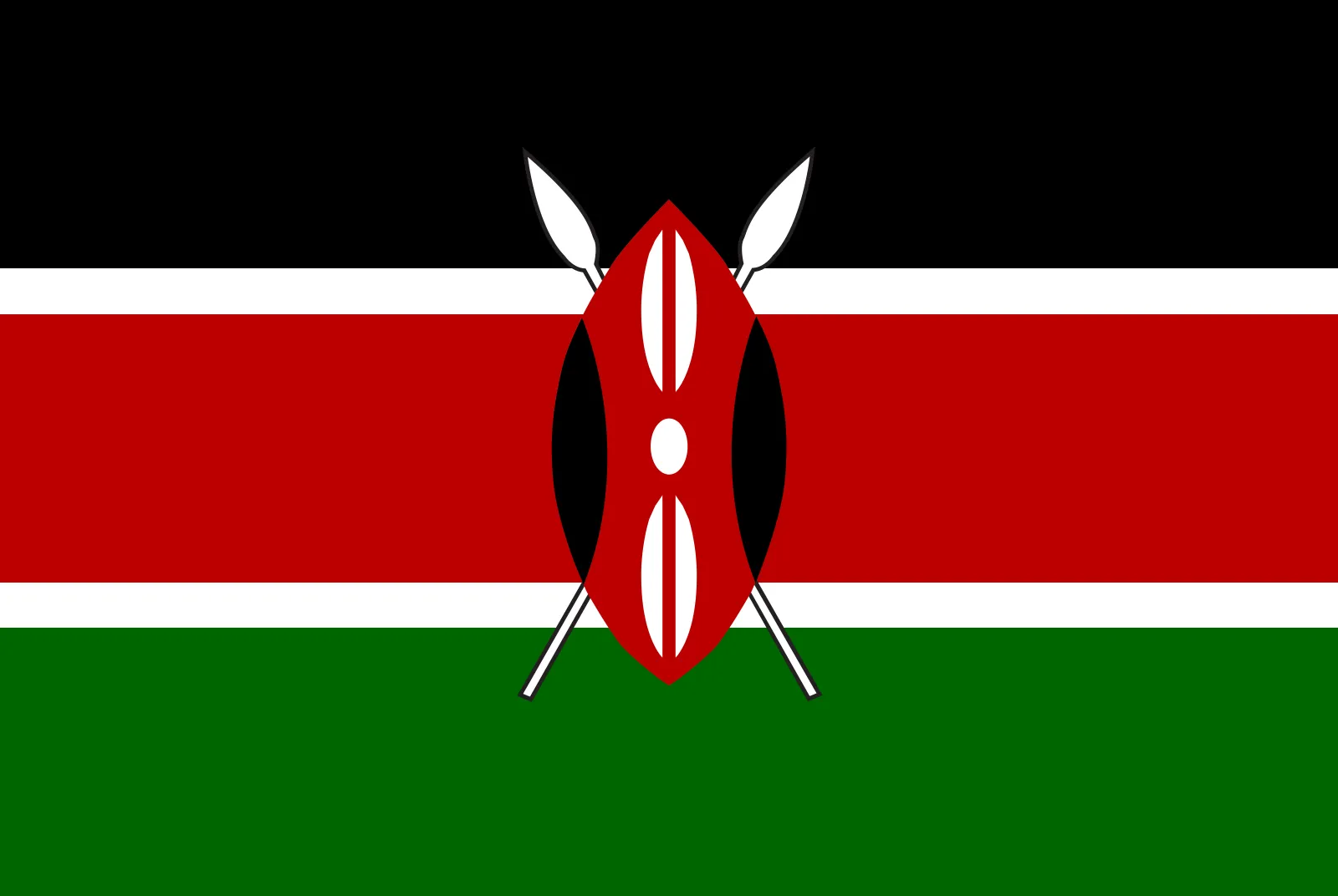The streets of Kenya have been marred by protests after lawmakers approved tax increases that are even unpopular with supporters of the president, who once vowed to reduce the cost of living.
The doubling of the tax on petroleum products, from 8% to 16%, is expected to have a ripple effect on East Africa’s economic hub, with the prices of goods and services expected to increase.
The administration of President William Ruto, who was elected last year, has only made things harder, one supporter said.
“He said he was going to make life easier for us hustlers. We are now unable to afford food. Prices are higher than they were before the elections,” hairdresser Evelyne Adhiambo said.
People earning above 500,000 shillings ($3,500) now will pay 32.5% in taxes, and those making above 800,000 shillings will pay 35%. Combined with a new housing tax of 1.5% and a medical insurance tax of 2.5%, the new burden will see some Kenyans part with about 40% of their income.
Teresia Kathina, a civil servant for 26 years, said it will be the highest employees have ever paid in taxes.
“This feels cruel because of the inflation rates,” she said.
Economist Aly Khan Satchu said the new law “represents the highest tax rate across every segment.”
Small businesses are also being hit, with a tax on their total sales increasing from 1% to 3%. Businesspeople said this will kill the already struggling small businesses that have been reporting losses since the COVID-19 pandemic started.
“They are essentially telling us to shut down, because we will not take loans to pay taxes,” said Moses Munyao, a wholesale shop owner in the capital, Nairobi.
Ruto campaigned on a platform of reducing the cost of living. While seeking election, he accused former President Uhuru Kenyatta of letting food costs “skyrocket because he has never slept without food in his life, as he was born in a wealthy family.”
Ruto’s election win was largely attributed to his appeal to voters as a fellow “hustler” who rose from a humble background to senior roles in government, including as Kenyatta’s vice president.
Ruto has sought to justify the increased taxes as the only way to reduce borrowing for a government struggling with a public debt of 9.4 trillion shillings ($67 billion) and is classified by the World Bank as being at high risk of debt distress.
The president, who is in Paris this week for a summit on improving the global financial response to climate change and poverty, is expected to sign the new bill into law before the start of the government’s financial year on July 1. A hearing for a court case challenging the new tax package is yet to be determined.
Satchu, the economist, said the petrol tax is a reform that the International Monetary Fund has been championing for some time and may have been a “soft precondition” for the $1.1 billion IMF package recently announced for Kenya.
“It’s a relatively frictionless tax for the government to collect. However, clearly it will create pronounced ripple effects throughout the economy in that it will raise prices across the economy and further crimp and reduce incomes, which have already been under downside pressure,” Satchu said.
He said the tax on small businesses is meant to increase the number of taxpayers but will hurt loss-making businesses. Some in Kenya believe that this area “has largely escaped the tax net, and therefore 3% remains sufficiently low for it to make more sense to pay the tax than take evasion measures,” he said.

 Join Daily Trust WhatsApp Community For Quick Access To News and Happenings Around You.
Join Daily Trust WhatsApp Community For Quick Access To News and Happenings Around You.

